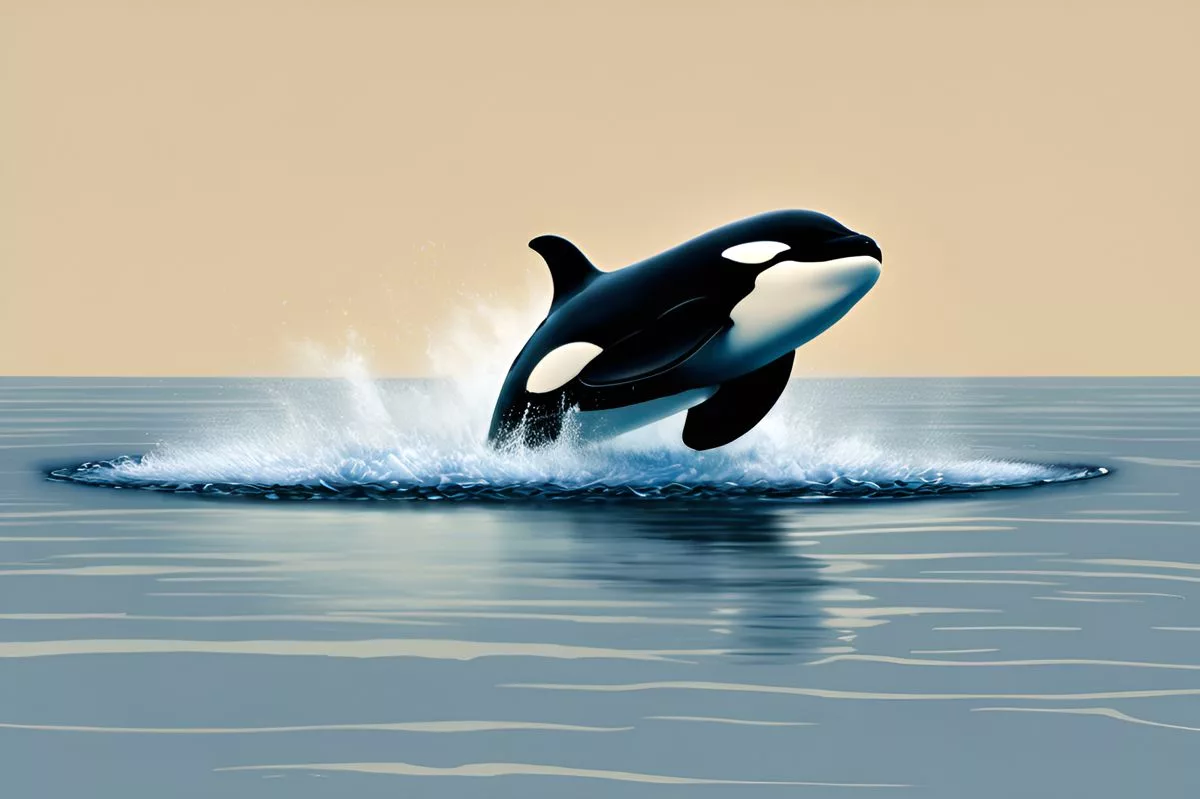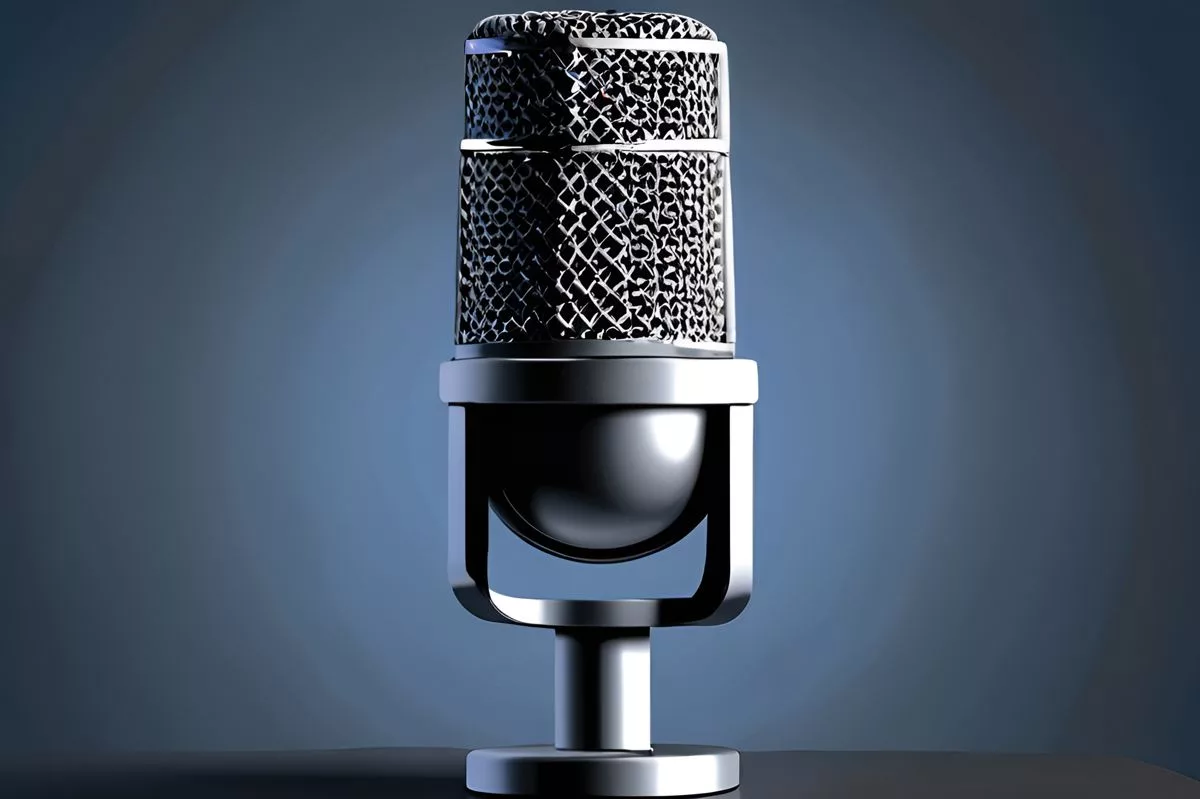Orcas, or killer whales, have an amazing ability to mimic human speech patterns, as shown in an experiment with a 14-year-old orca named Wikie. This discovery expands our understanding of animal cognition and highlights the adaptability of these marine mammals. However, it does not mean that orcas understand the meaning of the sounds they mimic. The study broadens our knowledge of animal cognition and gives us a glimpse into how they communicate and learn in their underwater kingdom.
An Astounding Reaction to Human Sounds
Orcas have a remarkable ability to mimic human speech patterns, as showcased in an experiment where a 14-year-old orca named Wikie flawlessly replicated two human expressions on her first attempt. This discovery broadens our understanding of animal cognition and emphasizes the adaptability of these marine mammals. However, it does not suggest that orcas comprehend the significance of the sounds they mimic.
An Astounding Reaction to Human Sounds
The outcome of a unique experiment where human sounds were played to an orca, produced an awe-inspiring response that caused a blend of fascination and disquiet among the researchers. This intriguing incident adds a new layer to the remarkable narrative of orcas’ ability to imitate human speech patterns.
An innovative research study ventured into this unanticipated field of animal cognition. It concluded that these aquatic beings, often referred to as killer whales, have a striking capacity to mimic human sounds. Josep Call, a key contributor to the study, stated that the purpose of this experiment was to understand the extent of a killer whale’s imitation prowess. Call said, “Our aim was to offer them something outside their vocal range – and in this instance, ‘hello’ is not a phrase typically heard from a killer whale.”
Exploring the Auditory Skills of Orcas
The researchers commenced this auditory investigation by training a 14-year-old orca named Wikie to reproduce three common sounds made by her three-year-old offspring. Following this, they introduced her to five new orca sounds that she had never previously encountered.
In the conclusive phase of the experiment, the scientists presented Wikie with three orca noises and six human sounds. These human sounds included words such as ‘hello’, ‘Amy’, ‘ah ha’, ‘one, two’, and ‘bye bye’, spoken by a human. Upon assessing Wikie’s reactions, the scientists were stunned by her swift imitation abilities. Impressively, she managed to flawlessly replicate two of the human expressions on her first attempt.
Despite the fact that ‘hello’ was the only human sound Wikie could consistently reproduce in later trials, it marked a groundbreaking discovery. It provided the initial evidence that orcas’ sound learning mechanism primarily involves vocal imitation. “This could potentially explain the dialects we observe in the wild – it’s a feasible theory,” Call speculated.
The Intriguing Adaptability of Orcas
The significance of Wikie’s achievement is enhanced when considering the fundamental disparity in vocal apparatus between humans and orcas. As Call highlighted, “Even though the physical structure of orcas differs significantly, they can still generate a sound that resembles what another species, in this case, humans, can produce.” This intriguing observation emphasizes the adaptability and versatility of these aquatic mammals.
However, it’s important to mention that there’s no proof indicating that these creatures comprehend the significance of the sounds they mimic. Call clarified, “We have no evidence that they understand what their ‘hello’ stands for.” Hence, while Wikie’s mimicry is a commendable accomplishment, it doesn’t suggest that orcas grasp or assign any semantic value to the noises they produce.
The Impact of this Discovery on Animal Cognition
The revelation of orcas’ mimicking skills broadens our knowledge of animal cognition, pushing the limits of what we thought was achievable. This exceptional ability is a testament to the adaptability of these marine giants. It gives us a peek into how these creatures could potentially communicate and learn in their expansive underwater kingdom.
Even as we begin to understand their sophisticated communication system, there’s still a plethora of information to uncover about the nuances of orca dialects and how they influence these creatures’ social interactions. It’s a captivating prospect that encourages us to view these creatures with renewed awe and respect. As we continue to study, comprehend, and appreciate the wonders of the living world, our admiration for these exceptional marine predators only grows.
What is the experiment conducted with the orca named Wikie?
The experiment conducted with the orca named Wikie involved training her to reproduce three common sounds made by her three-year-old offspring. The researchers then introduced her to five new orca sounds that she had never previously encountered. In the conclusive phase of the experiment, they presented her with three orca noises and six human sounds, including words like ‘hello’, ‘Amy’, ‘ah ha’, ‘one, two’, and ‘bye bye’, spoken by a human, to assess Wikie’s reactions.
What was the outcome of the experiment with the orca named Wikie?
The outcome of the experiment with Wikie showed that orcas have a remarkable ability to mimic human speech patterns. Wikie was able to flawlessly replicate two of the human expressions on her first attempt, including the word ‘hello.’ However, it does not suggest that orcas comprehend the significance of the sounds they mimic.
What does the experiment reveal about orcas’ sound learning mechanism?
The experiment revealed that orcas’ sound learning mechanism primarily involves vocal imitation. It provides evidence that orcas can imitate sounds outside their vocal range. This discovery could potentially explain the dialects observed in the wild.
How does this discovery impact our understanding of animal cognition?
This discovery broadens our knowledge of animal cognition and emphasizes the adaptability of these marine mammals. It gives us a glimpse into how these creatures could potentially communicate and learn in their underwater kingdom.
Do orcas comprehend the significance of the sounds they mimic?
There is no proof indicating that orcas comprehend the significance of the sounds they mimic. While Wikie’s mimicry is a commendable accomplishment, it doesn’t suggest that orcas grasp or assign any semantic value to the noises they produce.
What is the significance of Wikie’s achievement?
The significance of Wikie’s achievement lies in the fact that it emphasizes the adaptability and versatility of these aquatic mammals. It provides evidence that orcas can imitate sounds outside their vocal range and broadens our understanding of animal cognition. However, it does not suggest that orcas comprehend the significance of the sounds they mimic.








